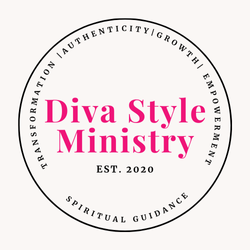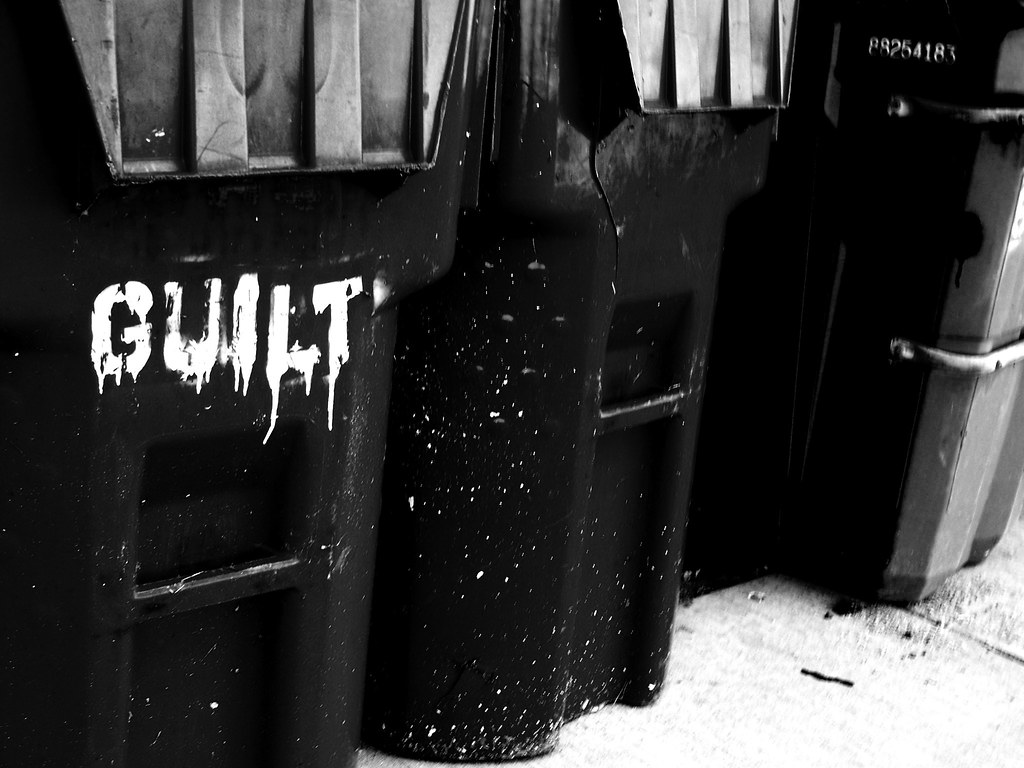Guilt is a classic human emotion that is directly caused by an event, where we often make a mistake or let fear get in the way. We might have a big opportunity that we unwittingly self-sabotaged, or we might feel guilty about not having a friend’s back when they needed us.
Guilt is a powerful emotion that can ruin a lot of our lives for us, and it can be a massive problem if we don’t let the guilt go and move forward.
Guilt can be immensely powerful, especially if you are focusing on guilty events from your past. If you want to focus on how to become a better person you need to remove your guilt. Here are 5 steps to help you do it.
Step 1: Fix the Problem If You Can
There are often two types of guilt. Guilt about the problems that we cannot fix, and guilt about things we can fix.
If you are lucky enough to have problems that you can fix by reaching out to someone or correcting a previous mistake, then do it. It might be awkward to talk to a friend you haven’t spoken to in a while or bring up a past hurtful event, but you need to do it to give both of you closure.
Make amends rather than just suffering from guilt. Even if your attempt to fix the problem or resolve these feelings goes poorly, you can at least say you tried and attempted to end the guilt that way. But what if you can’t fix the problem? What if the event that caused the guilt had already passed?
Step 2: Remove The Bias of Hindsight
They say hindsight is 20-20, and a lot of guilt comes from confusing what you know now with what you knew at the time and blaming yourself for not knowing what you should have known at the time.
Often if you say “I should have known my friend was depressed”or “I should have known that risk would fail” you are speaking in hindsight bias. This can compound your guilt and make it even worse.
You need to be able to remove that “should, woulda, coulda” and say, “I wish.” Saying “I wish I’d known that the risk would fail, but I didn’t know, and I couldn’t have known.” That’s the truth.
Step 3: Think About the Intent of The Guilt
Sometimes we feel guilty over an accident. Maybe we dropped something slippery, and someone fell and hurt themselves, or maybe we completed a task, and then that task turned out to have a bad outcome. People cry over spilled milk more times than we think, but we need to consider the intent behind the action we feel guilty about.
Did we mean to cause the person to fall? Or the task to come out poorly? No, those were circumstances beyond our control. Thatâs not to say we shouldn’t feel bad about the outcome, but that we shouldn’t feel the long-lasting effects of guilt on our minds.
Now, if we had done those accidents with the intention of someone getting hurt or sabotaging the project, then we should feel guilty. Our actions directly led to that negative outcome.
Step 4: Forgive Yourself
Self-Compassion is something that you need more of in order to properly handle guilt, and the more that you can put guilt in its place by forgiving yourself and moving on, the less it will start to affect you.
You can’t change the past, and while in some cases you can make amends for the guilt, other times you simply need to let it go because the guilt isn’t doing anything for you. The guilt you feel doesn’t change what happened, either.
The best thing you can do is to forgive yourself – and perhaps that would be easier if you first put in some work around the negative action.
In order, you should attempt to fix the situation, let go of the clear vision of hindsight, consider your intent, and then, forgive yourself.
Affirmations to Help Heal Guilt
Use the affirmations below as starting points for journal entries. Read them aloud, and determine which ones feel easy and which ones feel more challenging. Write about your feelings for an easy affirmation, and for a challenging one. Why does the affirmation feel easy? What’s resonating with you? Similarly, why does a particular affirmation feel challenging? What emotions does it bring up for you? Give yourself permission to explore those emotions and process them in your writing.
I am at peace with my past.
I am creating a better future for myself.
Every mistake is a life lesson.
I do not let feelings of guilt control me.
I do not judge what I can’t take back.
I have no regrets about my life.
I release my limiting beliefs.
I accept my faults.
I strive every day to do better.
I deserve to be given grace.
I am not defined by a single choice.
I apologize, then move on.
I am more than what I am guilty of.





